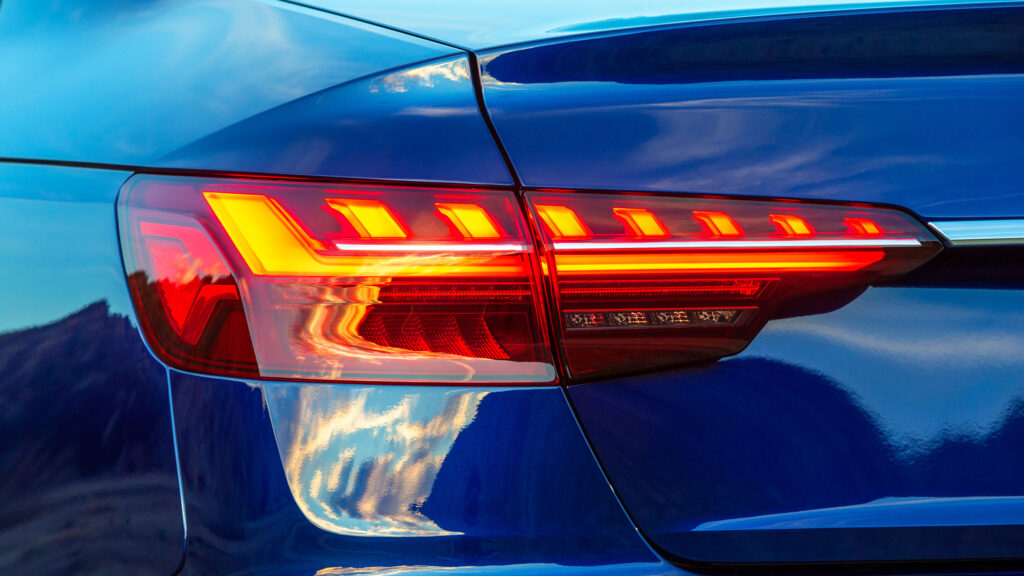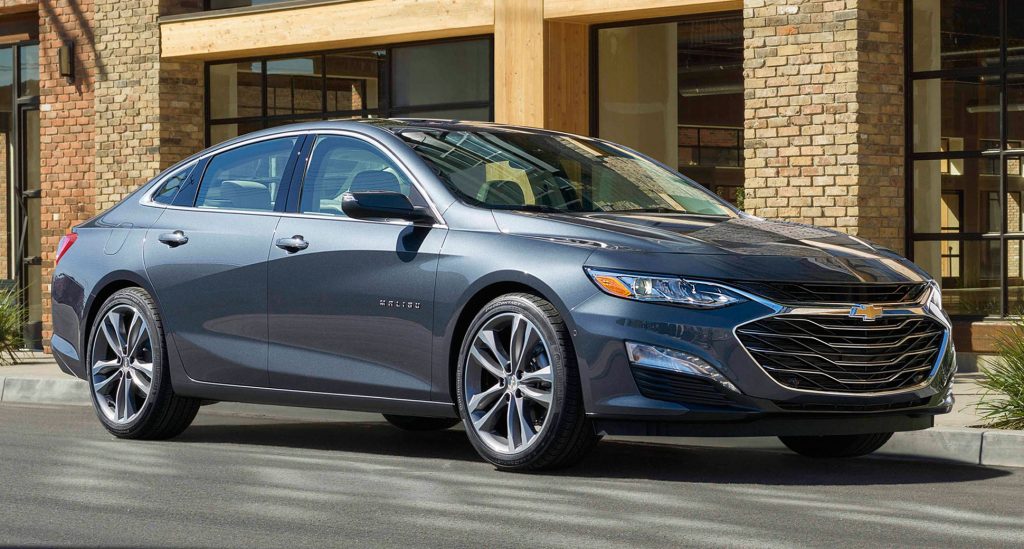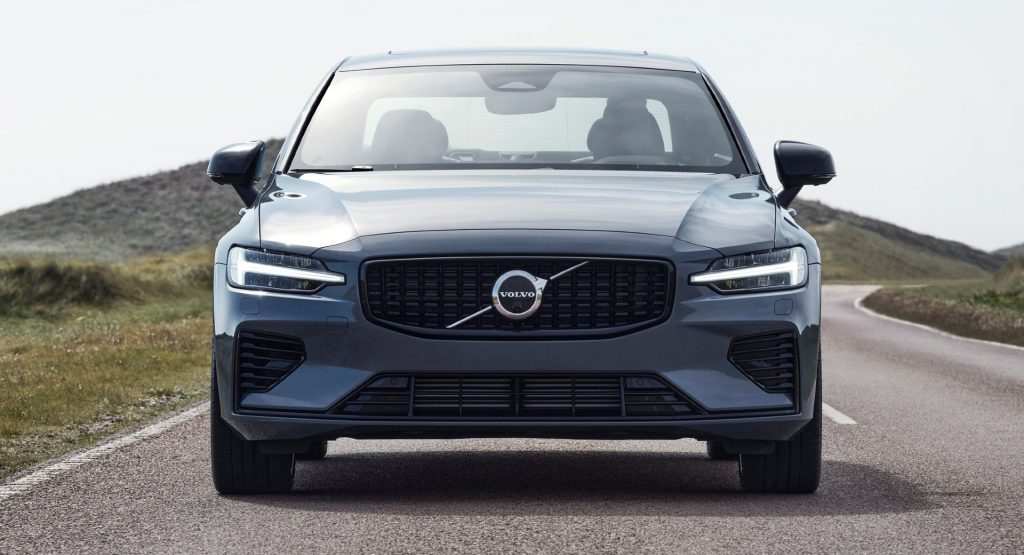
- The slowest-selling new car in America takes a third of a year to leave a dealer’s lot.
- Premium brands occupy nine of the 10 slots in Car and Driver’s slowest movers table.
- Dealers may be more keen to finalize a sale on model that’s taken root on their lots.
American buyers took home almost 16 million new cars, trucks and SUVs last year. That averages out as close to 44,000 vehicles every day of the year, a rate that makes you think they’re snapped up the moment they’re unloaded from the transporter at the dealership. Some are, but others take over fourth months to shift.
var adpushup = window.adpushup = window.adpushup || {que:[]};
adpushup.que.push(function() {
if (adpushup.config.platform !== “DESKTOP”){
adpushup.triggerAd(“0f7e3106-c4d6-4db4-8135-c508879a76f8”);
} else {
adpushup.triggerAd(“82503191-e1d1-435a-874f-9c78a2a54a2f”);
}
});
Related: Stellantis Just Lost Nearly Half Its Dodge Sales In Six Months
That’s not great news for automakers, but it could work out well for buyers. Vehicles that linger on lots often come with added incentives or more room for negotiation, as dealers look to move slow-selling inventory.
Car and Driver teamed up with Kelley Black Book to compile a list of the cars that had been on dealer lots the longest by the end of Q1, and every single one of the top 10 takes more than 100 days to leave. That could mean dealers are motivated to strike on generous terms. The other big shock is the number of supposedly aspirational names in the rogues gallery. Nine of the 10 vehicles are from brands we associate with luxury or premium cars.
10. Lincoln Aviator – 104 days

Lincoln’s mid-size Aviator SUV was facelifted for 2025, but the refresh doesn’t seem to have buyers lining up to put one on their driveway. Each example takes an average of 104 days to leave the lot.
9. Genesis GV70 – 106 days

Equipped with the available 3.5-liter twin-turbo V6, a GV70 can hit 60 mph (96 km/h) in less than five seconds, but by other metrics it’s far less spritely. The average number of days to sell is 106 – maybe the subtle MY26 makeover can help get it moving faster.
8. Volvo XC40 – 107 days

The XC40 has plenty to offer, so maybe it’s the fact that it’s been offering it since 2018 that’s behind buyers’ reluctance to get dealer inventory moving. And unless the EU can talk Trump out of his 30 percent tariff rate, or Volvo swallows the financial pain itself, the 107 days each one spends on the lot could grow.
7. Volvo XC90 – 108 days

Keeping the little XC40 company on lots across the country is its XC90 big brother. And the mid-size SUV hangs around for even longer – an average of 108 days according to Car and Driver’s data. A facelifted XC arrived this spring with a new grille and dashboard.
var adpushup = window.adpushup = window.adpushup || {que:[]};
adpushup.que.push(function() {
if (adpushup.config.platform !== “DESKTOP”){
adpushup.triggerAd(“bb7964e9-07de-4b06-a83e-ead35079d53c”);
} else {
adpushup.triggerAd(“9b1169d9-7a89-4971-a77f-1397f7588751”);
}
});
6. Mercedes-Benz CLA – 109 days

The CLA is all-new for 2026, available in both hybrid and EV forms, and maybe it’s buyers’ knowledge that they were on the way that resulted in the old ones loitering on forecourts for 109 days. Or maybe it was the small rear seats and unexciting drive.
5. Range Rover Velar – 111 days

Britain’s answer to the Porsche Macan has plenty of style, but clearly not enough substance to entice Americans into getting out their checkbooks. The recently revised SUV takes dealers on average 111 days to find a buyer.
4. Audi SQ7 – 112 days

Related: Audi’s 2024 Sales Tanked And The Numbers Are Worse Than You Think
Despite its age – the SQ7 made its US debut for 2020, and the Q7 dates to 2015 – there’s plenty to like about Audi’s 500 hp (507 PS) super-SUV. It’s $35k cheaper than the (admittedly more powerful) BMW X5M and comes with a third row its Porsche Cayenne cousin doesn’t offer. But it still takes 112 days to shift.
var adpushup = window.adpushup = window.adpushup || {que:[]};
adpushup.que.push(function() {
if (adpushup.config.platform !== “DESKTOP”){
adpushup.triggerAd(“b25ecba7-3bbb-4ea7-a3a8-dbea91695c07”);
} else {
adpushup.triggerAd(“e46c436a-adeb-4b5e-a2c7-56bc36561c10”);
}
});
3. Chevrolet Malibu – 116 days

Chevy’s last remaining sedan is its only model – GM’s only model, in fact – on Car and Driver’s list of inert autos. The dies-this-year Malibu isn’t a bad car, but it looks dated inside next to fresher Japanese rivals and buyers are steadily leaving the sedan segment.
2. Audi A4 – 118 days

US sales of the A4 tanked by 48 percent in 2024 and the sedans on dealer lots in 2025 might as well be cemented in place judging by the average 118 days each spends waiting for a buyer. The A4 makes way for the new ICE-powered Audi A5 for 2026, though the A4 badge will return on a similar-sized electric sedan.
1. Volvo S60 – 132 days

One hundred and thirty two days! That’s over four months the compact American-built Swede spends on lots before someone takes pity on it and drives it home. And note that this is Volvo’s third model in a list in which most of the other automakers each appear only once. That says plenty about buyers’ attitudes to Volvo’s lineup, and none of it’s good. The S60 bows out this year so at least the handsome Swede will be spared the embarrassment of coming last in next year’s list.